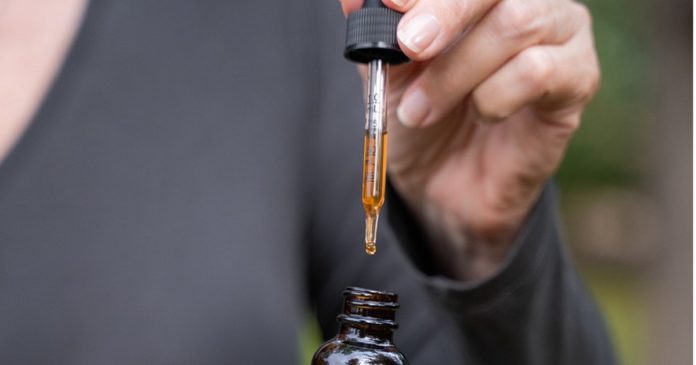A recent study delved into past-year use prevalence and factors associated with use of hemp-derived cannabinoids CBD, Delta 8-THC, CBG, and CBN among adults in the USA.
Researchers conducted a cross-sectional survey study of adults 18 years or older using the National Opinion Research Center (NORC) AmeriSpeak panel in June this year. Of the 1,169 panelists who completed the survey, 26.3% reported past-year cannabis use.
Other findings:
- 71.7% participants had heard of CBD (cannabidiol) compared with 41.2%, 18.4%, and 16.8% for Delta 8-THC ( Δ8 tetrahydrocannabinol), CBG (cannabigerol), and CBN (cannabinol), respectively.
- 21.1% reported past-year CBD use compared with 11.9%, 5.2%, and 4.4% for Delta 8-THC, CBG, and CBN, respectively.
The use of CBD represented a 50% increase over the past 4 years when compared to a Gallup poll that reported 14% of US adults personally used CBD in 2019. To the best of the researchers’ knowledge, their survey of past-year use prevalence of CBN, Δ8-THC, and CBG in the USA are the first estimates ever produced.
Higher Delta 8-THC use was found in states without medical or adult-use cannabis laws, suggesting cannabis prohibition may unintentionally promote Δ8-THC use. Residing in states with medical or recreational cannabis laws was negatively associated with Δ8-THC use.
The proliferation of Delta 8 products has occurred due to a federal loophole relating to hemp. Delta 8 only occurs in hemp naturally in very small amounts, but can be produced through manipulation of CBD. As hemp-derived cannabinoids are legal at a federal level, Delta 8 has boomed in popularity. But there are concerns regarding quality and long-term effects of Δ8, and a number of states have sought to regulate or outright ban the cannabinoid.
The researchers concluded:
“Based on these results, we support ongoing public health surveillance efforts targeting emerging cannabinoids because of lack of industry standards to protect consumers and similar pharmacology or effects of Δ9-THC and its hemp-derived impairing analogues (eg, Δ8-THC), which may be of particular concern for adolescents and young adults.”
The new findings have been published in the Journal of the American Medical Association. The research was partially supported by the National Institute on Drug Abuse (NIDA), part of the National Institutes of Health (NIH).


